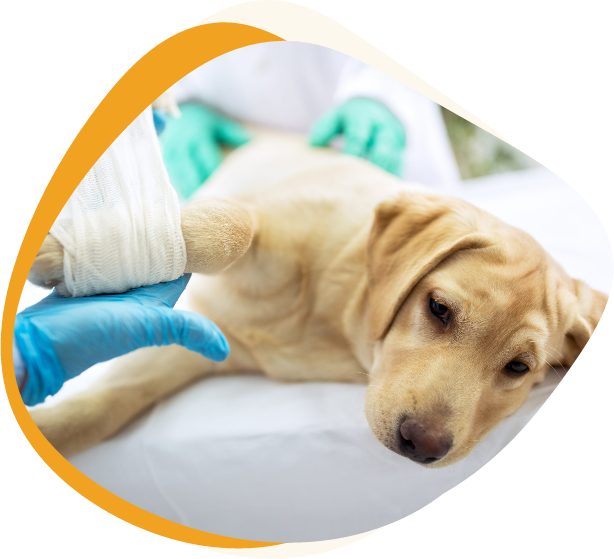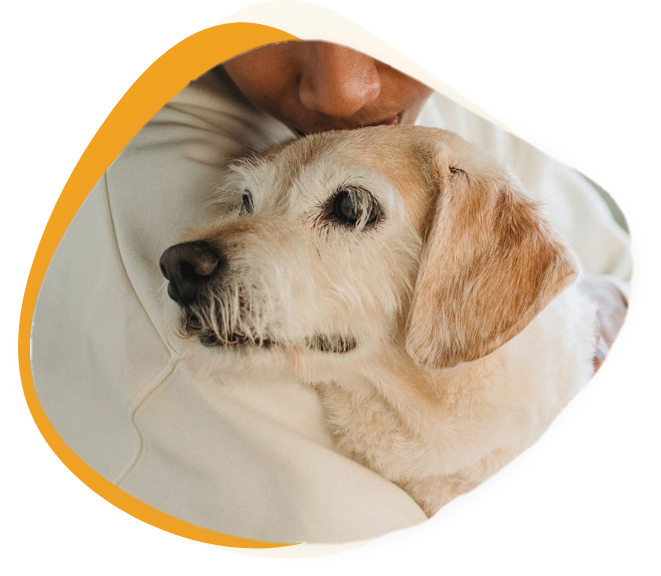Surgery is often an integral part of the treatment of pet cancer. The first procedure to remove a cancer is typically the best chance to achieve complete removal. In many cases, surgery is best performed by a board-certified surgeon with experience in surgical oncology. A board-certified has advanced training and current knowledge of tumor biology and, importantly, the role of surgery in the treatment of cancer. Surgeons do not act in isolation, however, and ideally are part of a comprehensive team of medical oncologists, pathologists, radiologists, and certified veterinary technicians.
Prior to recommending surgery, knowledge of tumor type and an associated prognosis is necessary. Bloodwork and other biological samples may be required as well as advanced diagnostic imaging such as CT or ultrasound to determine the size of the tumor(s) and any spread of the tumor and biopsies to determine the type and aggressiveness of the tumor. Surgery can also include specialized surgical techniques such as thoracoscopy, laparoscopy, endoscopy, and other interventional procedures such as palliative stenting.






